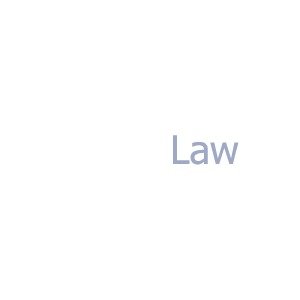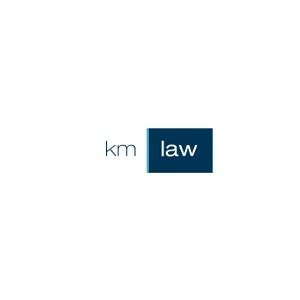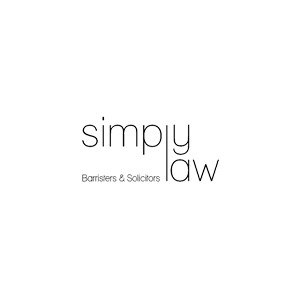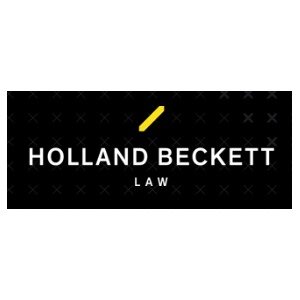Best Mortgage Lawyers in Tauranga
Share your needs with us, get contacted by law firms.
Free. Takes 2 min.
Free Guide to Hiring a Real Estate Lawyer
List of the best lawyers in Tauranga, New Zealand
About Mortgage Law in Tauranga, New Zealand
Mortgage Law in Tauranga, New Zealand operates under the broader New Zealand's legal framework. The law stipulates the obligations and rights of both the borrower and the lender in a mortgage agreement. Its main aim is to ensure balanced contracts while protecting parties' rights. Processes regulated by the law include mortgage registration, repayment, foreclosure, and property sale following default.
Why You May Need a Lawyer
A lawyer is crucial when dealing with mortgages, particularly in relation to the legally binding contracts. They can guide you in understanding contract terms, loan agreements, repayment plans, and interpret any legal language that may be confusing. In case of default, a lawyer can negotiate with the lender for better credit terms or a loan modification program to prevent foreclosure. If disputes arise, a lawyer will be instrumental in representing your interests.
Local Laws Overview
The legal landscape of a mortgage in Tauranga is guided by the Property Law Act 2007 and the Credit Contracts and Consumer Finance Act 2003. Key aspects of these laws include: consent requiring informed and voluntary agreement; clear disclosure of terms by the lender; obligation to provide copies of the mortgage and any variations to the borrower; rights of both parties in case of mortgage sale, and the borrower’s ability to repay the mortgage before term and reclaim the property. Relating to default, the laws outline the lender’s rights to repossession, and mandated rules and regulations to ensure a fair process is followed in case of property sale following default.
Frequently Asked Questions
1. Can a lender sell my property without my consent as a borrower?
According to the Property Law Act 2007, a lender can sell the property in case of default but must follow the process laid down by law, including proper notification to the borrower and ensuring fair market value is obtained.
2. Can I get out of a mortgage contract?
Yes, you can exit a mortgage contract by refinancing, selling the property, or paying off the mortgage. This process is governed by the terms of your contract and local laws, hence you may need a lawyer's guidance.
3. What is the role of a lawyer in mortgage processes?
A lawyer can help in deciphering the loan agreement, ensuring lawful processes are followed, facilitate negotiation with the lender in case of default, and represent your interests in cases of disputes arising from the mortgage contract.
4. What are my rights when defaulting on a mortgage?
When defaulting on a mortgage, local laws ensure you have the right to be informed of the upcoming foreclosure, to receive fair market value in case of a property sale, and to have a lawful process followed during property repossession.
5. Can I take legal action if my mortgage provider breaches the contract?
Yes. If your lender breaches the contract or local laws in any manner, you are entitled to take legal action. Always consult with a lawyer to understand your legal position in such cases.
Additional Resources
The Tauranga City Council and the Financial Markets Authority provide resources and consumer support for homeowners in case of disputes. Also, the New Zealand Law Society has a directory of lawyers specialized in property law.
Next Steps
If you need legal assistance with your mortgage, begin by consulting with a lawyer specializing in property or mortgage law. They can guide you on your rights, legal processes, and represent your interests when dealing with your lender. Always ensure any legal decisions you take align with your financial goals and needs.
Lawzana helps you find the best lawyers and law firms in Tauranga through a curated and pre-screened list of qualified legal professionals. Our platform offers rankings and detailed profiles of attorneys and law firms, allowing you to compare based on practice areas, including Mortgage, experience, and client feedback.
Each profile includes a description of the firm's areas of practice, client reviews, team members and partners, year of establishment, spoken languages, office locations, contact information, social media presence, and any published articles or resources. Most firms on our platform speak English and are experienced in both local and international legal matters.
Get a quote from top-rated law firms in Tauranga, New Zealand — quickly, securely, and without unnecessary hassle.
Disclaimer:
The information provided on this page is for general informational purposes only and does not constitute legal advice. While we strive to ensure the accuracy and relevance of the content, legal information may change over time, and interpretations of the law can vary. You should always consult with a qualified legal professional for advice specific to your situation.
We disclaim all liability for actions taken or not taken based on the content of this page. If you believe any information is incorrect or outdated, please contact us, and we will review and update it where appropriate.

















